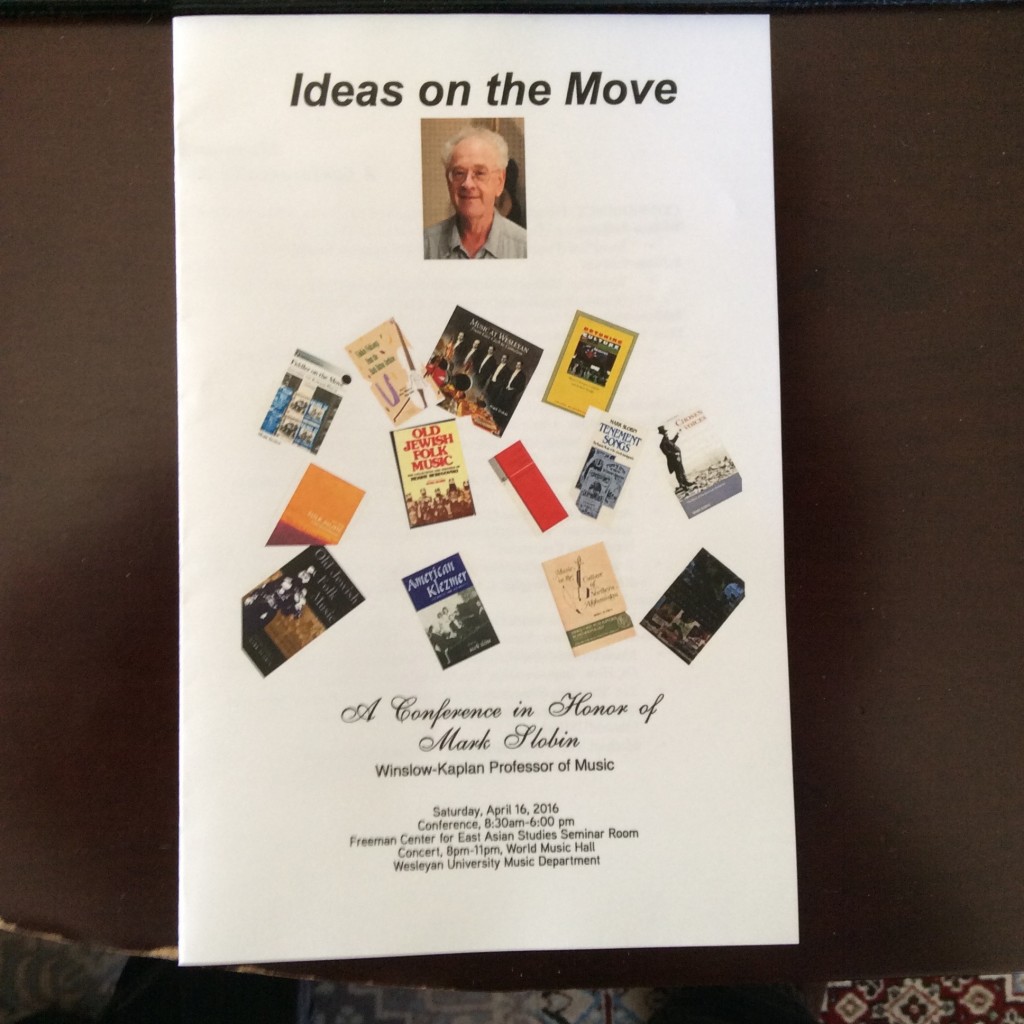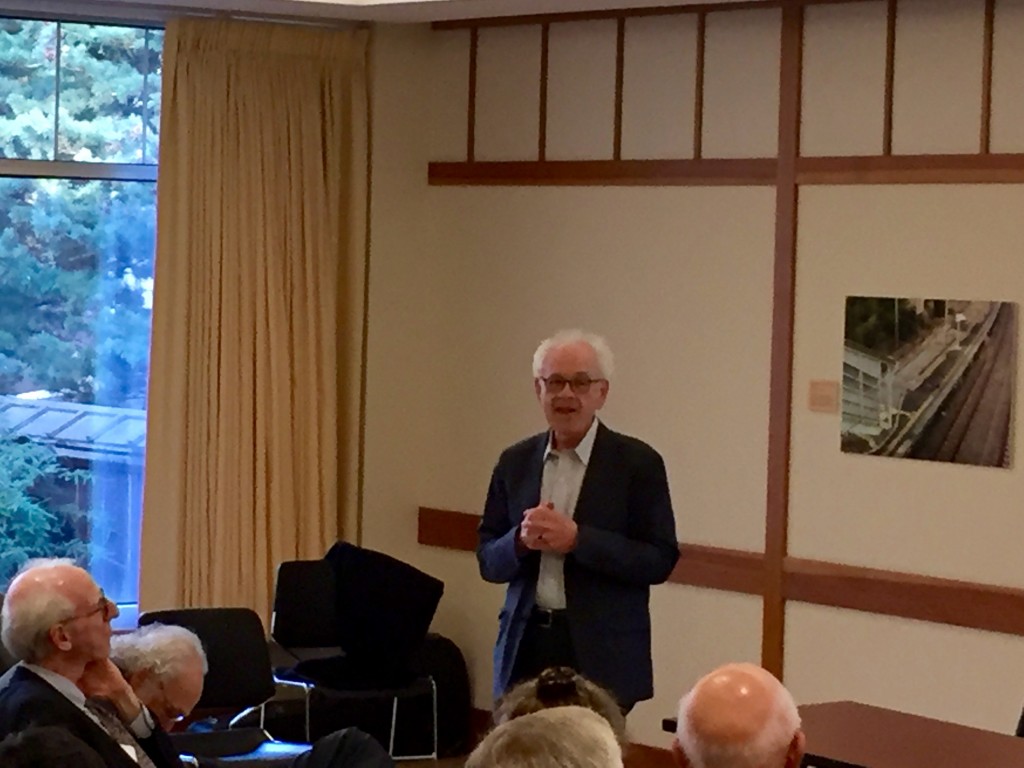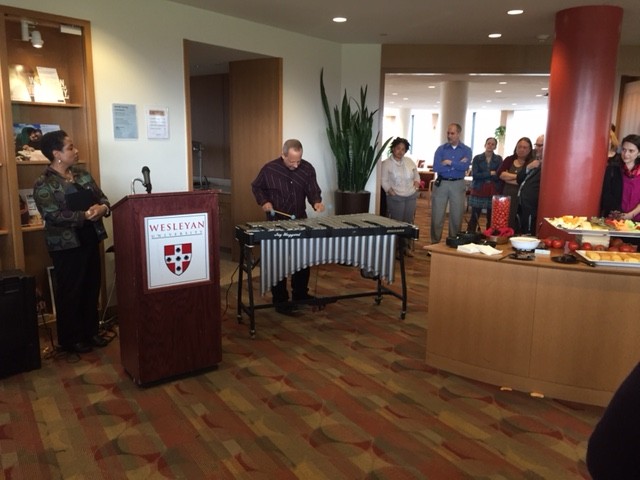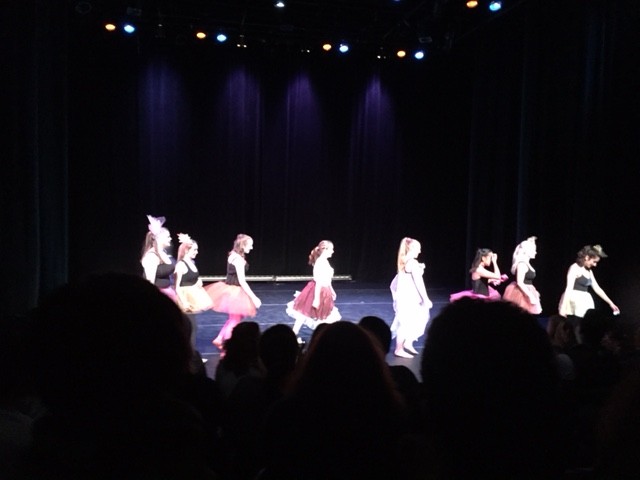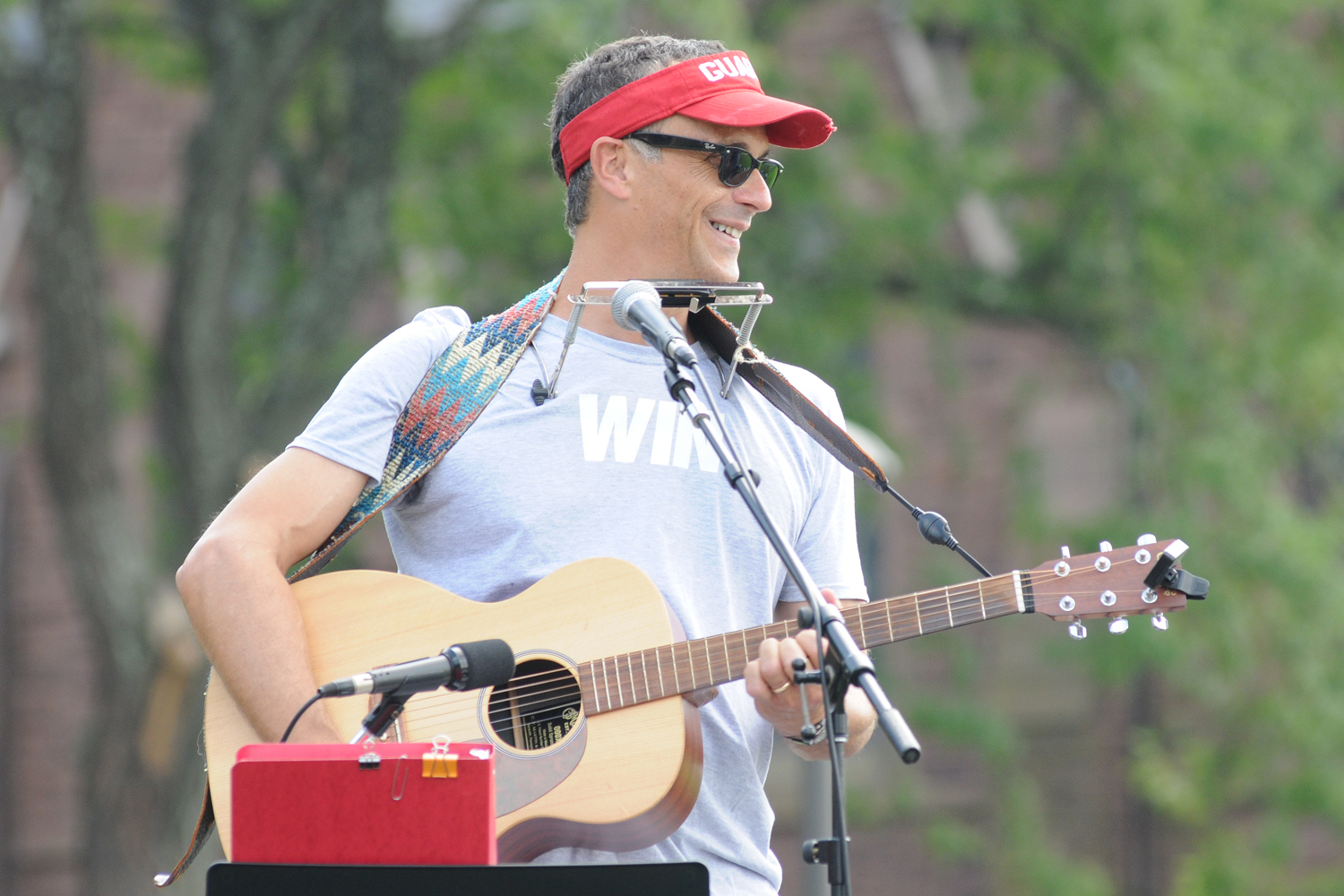With the recent WSA discussions concerning funding for The Argus, I have been asked several times about my views on the status of freedom of expression at Wesleyan. I have pulled together some earlier things I’ve written on the subject, and added some new thoughts on recent debates.
Wesleyan students have long been concerned with issues of “freedom of expression,” and since 1991 the topic has been the focus of our annual Hugo Black Lecture. Several years ago Justice Scalia was our speaker, two years ago it was Aharon Barak, President of Israel’s Supreme Court, and this year it was scholar Stanley Fish. For several months free speech issues have been vigorously debated on our campus centering on questions about the role of the student newspaper The Argus. The immediate catalyst for these discussions was an op-ed written by a student, Bryan Stascavage, raising critical questions about the Black Lives Matter movement. I trust the editors thought that Bryan’s essay would spark real conversations — the kind that make newspapers a vital part of so many communities’ cultural ecology. The editors got more than they bargained for. Some students argued that the essay was racist (I don’t think it was), or at least that it participated in systems of racist domination. They made the important point that opinion pieces like these facilitate the ongoing marginalization of a sector of our student population, and they angrily accused The Argus of contributing to that marginalization.
I’m very glad these important issues were made public — sometimes quite forcefully. Those who think they favor free speech but call for civility in all discussions should remember that battles for freedom of expression are seldom conducted in a privileged atmosphere of upper-class decorum.
Unfortunately, in addition to sparking conversation, the op-ed also generated calls to punish the newspaper. Protests against newspapers, of course, are also part of free speech. But punishment, if successful, can have a chilling effect on future expression. Many students (I think the great majority) quickly realized this. They also realized that funding a single newspaper for the campus raised all kinds of issues about representativeness and inclusion, but also about editorial autonomy and freedom of expression. Students are trying to figure out how to bring more perspectives to the public with digital platforms, and I am confident they can do this without undermining The Argus. More recently, the Wesleyan Student Assembly used a standard accounting measure to redistribute funds among student groups as the end of the academic year gets closer. Argus supporters were afraid this was an attempt to take away donated dollars that might be necessary in the future should they lose some funding. Again, students are meeting to discuss their concerns together, and I am confident that they will find a vehicle that protects editorial autonomy without just writing the newspaper a blank check. A resolution recently passed by the student government attempts to do just this.
Unfortunately, many of the student discussions this year have taken place under the harsh spotlight of the national press. As once major newspapers and magazines are remade just to attract “more eyeballs,” as budgets for investigative journalism are slashed, journalists around the country have gotten all lathered up about The Argus. While economic freedom and political participation are evaporating into the new normal of radical inequality, while legislators call for arming college students to make them safer, we see lots of attention given to the dangers of political correctness on campuses. But are efforts to fight discrimination and marginalization at universities really the most important threats to free expression? I fear that this focus only diverts attention from far more dangerous threats.
Students, faculty and administrators want our campuses to be free and safe, but we also acknowledge that the imperatives of freedom and safety are sometimes in conflict. A campus free from violence is an absolute necessity for a true education, but a campus free from challenge and confrontation would be anathema to it. We must not protect ourselves from disagreement; we must be open to being offended for the sake of learning, and we must be ready to give offense so as to create new opportunities for thinking.
Don’t get me wrong, because there is so much intense discussion these days, campuses can be challenging places. Conversations about race and about the economy, about bias and sexual assault, about jobs and the shrinking middle class…all these topics stimulate strong emotions, intense language, and, sometimes, bruised feelings. Sure, some people will complain that they don’t want to speak up because they don’t want to be “criticized” or “stigmatized.” These people should recognize that their fear isn’t a sign of a lack of free expression; it’s just a sign that they need more courage.
Debates on campus can get nasty, but compared to what one sees on the national political stage, I feel pretty good about our community’s ability to tolerate conflict. I hope there are other places in America today where arguments about important issues are taking place among people from different backgrounds, and where the conclusions aren’t set in advance. However painful this may be at times, I am proud these conversations are happening on our campuses.
Education worthy of the name is risky — not safe. Education worthy of the name does not hide behind a veneer of civility or political correctness, but instead calls into question our beliefs. On today’s campuses, this may come from deeper investigation of conservative and religious traditions – from bodies of thought and modes of inquiry that challenge the status quo. This may come from recognizing how many of our ideas are just conventional, no matter how “radical” we think those ideas might be. We learn most when we are ready to consider challenges to our values from outside our comfort zones of political affiliation and personal ties.
I applaud the students, faculty and staff who have been engaged in discussions of how to maintain, even enhance, a campus newspaper’s editorial autonomy while ensuring that it continues as an organization open to publishing a variety of views and engaging writers from diverse segments of the student body. I have every confidence that the newspaper will have the funding it needs to remain an effective platform for news and opinion.


![20160423_135807[1]](https://roth.blogs.wesleyan.edu/files/2016/04/20160423_1358071.jpg)



